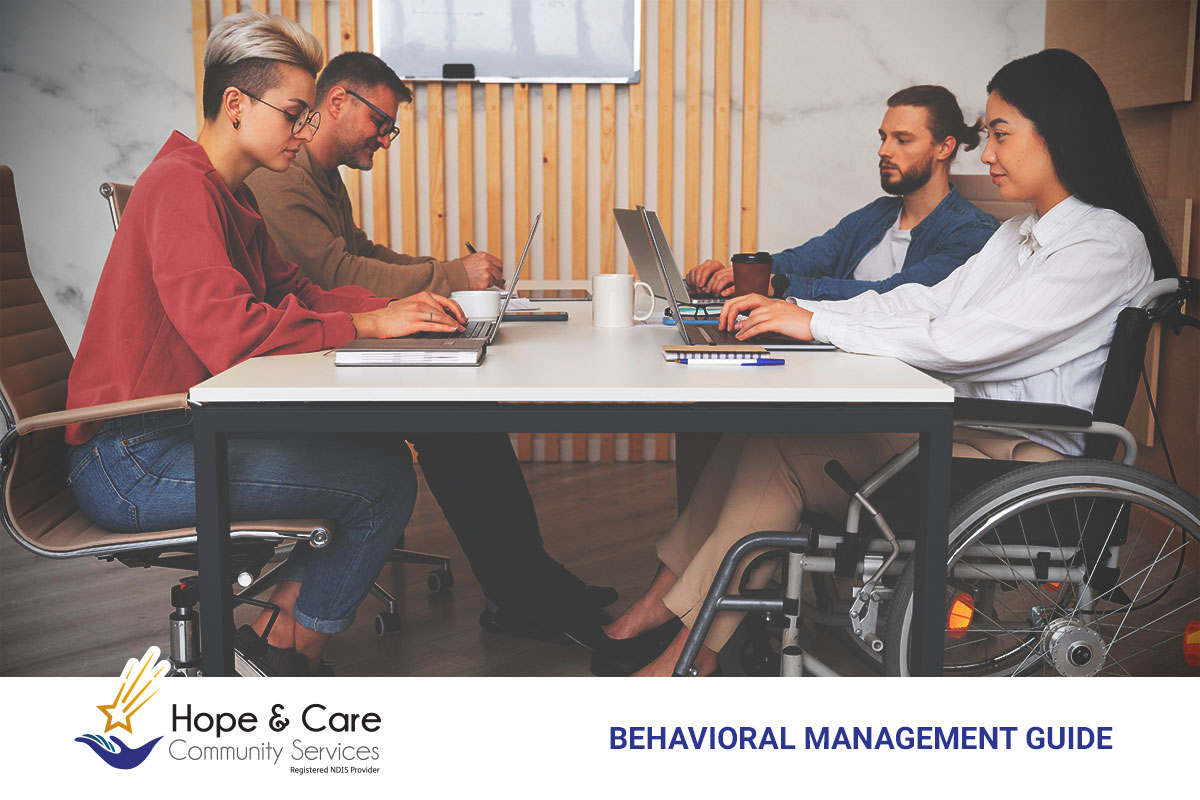
Caring for individuals with complex care needs requires a compassionate and strategic approach, particularly in managing behaviors that may pose challenges. The essence of behavioral management lies in empowering these individuals to develop effective coping mechanisms, focusing on emotional regulation and self-control. The goal is not to suppress or eliminate behaviors but to encourage positive behavioral changes and the development of essential life skills. This article delves into key strategies for effective behavioral management, aimed at enhancing well-being and creating a positive living environment.
Understanding the Function of Challenging Behaviors
The first crucial step in behavioral management is to understand the underlying reasons for challenging behaviors. Often, such behaviors serve specific functions, such as communication, escape, attention-seeking, or sensory stimulation. Identifying these functions allows for more personalized and effective intervention strategies.
Tips for Understanding Challenging Behaviors:
- Observe and document the behaviors in detail, noting triggers, patterns, and frequency.
- Collaborate with team members, family, and other professionals for a comprehensive insight into the individual’s behaviors.
- Consider potential unmet needs contributing to the behaviors, like physical discomfort, boredom, or social isolation.
Creating a Positive Behavior Support Plan
A Positive Behavior Support plan is tailored to enhance the individual’s quality of life while reducing challenging behaviors. It outlines their strengths, needs, and both proactive and reactive strategies for positive change.
Tips for Creating a Support Plan:
- Involve the individual, their family, and team members in the planning process to understand their unique needs and preferences.
- Include proactive strategies like skill development, offering choices, and creating a supportive environment.
- Outline reactive strategies focusing on de-escalation and harm minimization.
Proactively Addressing Behavioral Triggers
Proactive strategies aim to identify and address potential triggers before they escalate. Anticipating situations that may provoke challenging behaviors allows for preventive measures and adaptations to reduce the likelihood of such incidents.
Tips for Addressing Triggers:
- Maintain a structured yet flexible routine, accommodating the individual’s needs and preferences.
- Provide regular opportunities for physical activity, social interaction, and sensory experiences.
- Communicate upcoming changes or events to mitigate anxiety or distress.
Teaching Alternative Coping Skills
Teaching adaptive behaviors and coping skills is vital for individuals with complex care needs. These skills can replace or reduce reliance on challenging behaviors, enhancing self-expression and autonomy.
Tips for Teaching Coping Skills:
- Use evidence-based methods like Applied Behavior Analysis (ABA) or Cognitive Behavioral Therapy (CBT).
- Focus on the individual’s strengths and interests when introducing new coping strategies.
- Be patient and consistent, reinforcing positive behaviors and acknowledging progress and achievements.
Conclusion
Effective behavioral management strategies are pivotal in improving the lives of individuals with complex care needs. By implementing these strategies, caregivers and support workers can provide the best possible support, fostering well-being and a positive living environment. These strategies not only address immediate behavioral concerns but also contribute to the overall development and enrichment of the individuals’ lives, paving the way for more fulfilling and autonomous living experiences.
HCCS as Registered NDIS provider!
As Registered Provider, we understand the intricacies of the NDIS. Unlock the full potential of your funding and provide the guidance you need to reach your goals. Feel free to Contact Us to explore how we can assist you on your journey. For instance, the NDIS is there to make a positive difference in your life, and we’re here to help!.
Want to learn more? Read other articles :
- Assistance with daily life under the NDIS Core Supports
- NDIS Support Categories & Understanding Your Support Budgets
- Assistance with daily life under the NDIS Core Supports
HCCS is a rergistered NDIS provider. Learn more about our services.
♥ We are available in Brisbane! – Our team is just a call away!
